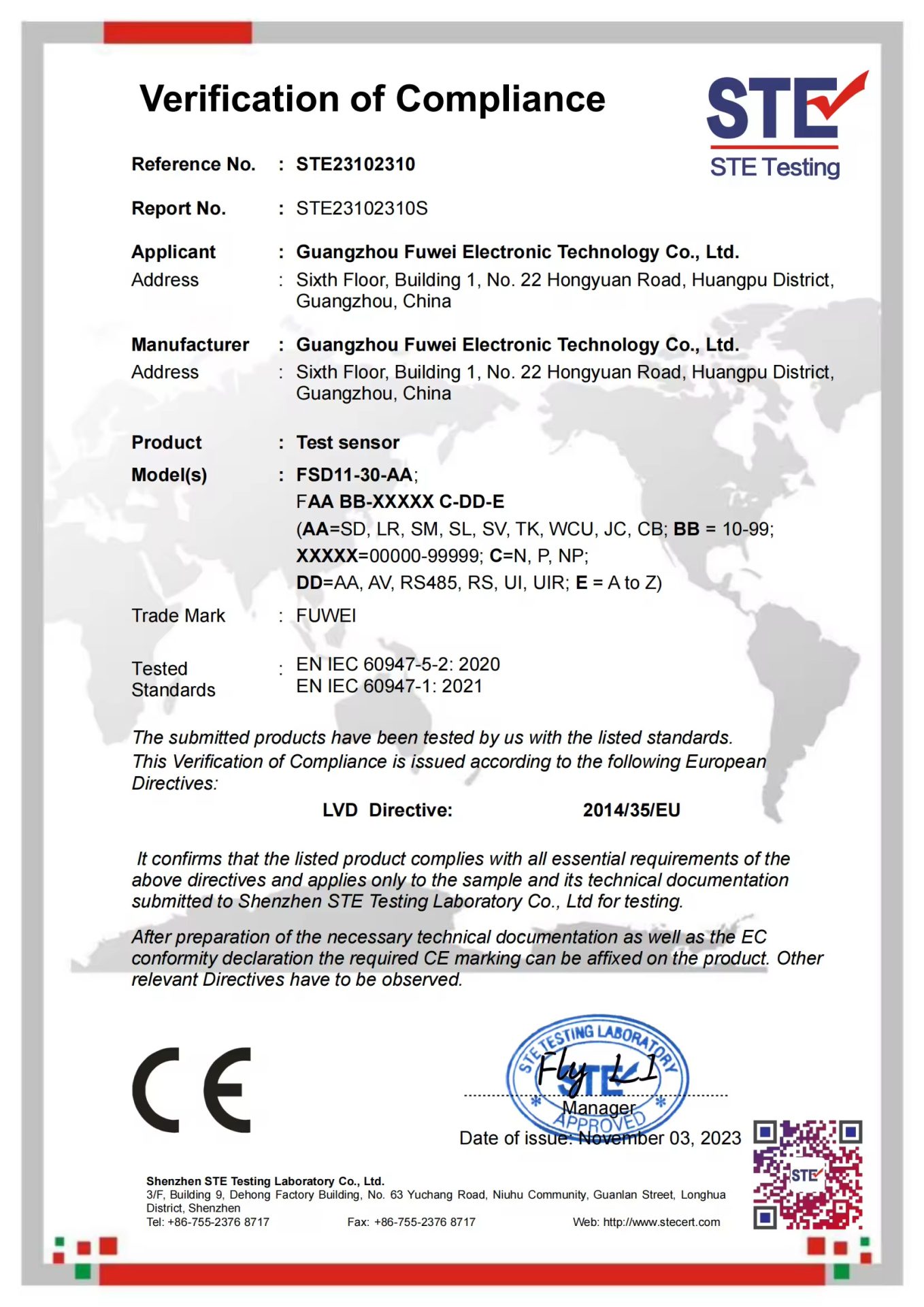In today’s fast-paced technological landscape, precision is not just a luxury—it’s a necessity. From manufacturing plants to smart homes, maintaining optimal temperature conditions is critical for efficiency, safety, and comfort. This is where Temperature Sensor Control Systems come into play, serving as the unsung heroes behind seamless operations across countless applications. These systems are designed to monitor, regulate, and respond to temperature fluctuations with unparalleled accuracy, ensuring that processes run smoothly and resources are utilized effectively.
At the heart of any Temperature Sensor Control System lies a network of sensors that continuously gather data on environmental conditions. These sensors can range from simple thermocouples to advanced infrared detectors, each suited for specific scenarios. The real magic, however, happens when this data is processed by intelligent control units that make real-time adjustments. Whether it’s maintaining the perfect climate in a greenhouse or preventing overheating in industrial machinery, these systems provide a proactive approach to temperature management.
One of the most compelling advantages of modern Temperature Sensor Control Systems is their integration with IoT and smart technology. By connecting sensors to centralized platforms, businesses and homeowners can monitor conditions remotely, receive alerts for anomalies, and even automate responses. Imagine a scenario where a sudden spike in temperature within a server room triggers an immediate cooling response, preventing potential data loss or hardware damage. The level of automation and responsiveness offered by these systems not only enhances operational reliability but also significantly reduces human intervention and error.
Industries such as healthcare, agriculture, and logistics have particularly benefited from advancements in temperature control systems. In pharmaceuticals, for instance, strict temperature regulations are essential for storing vaccines and sensitive medications. Even a minor deviation can render these products ineffective, leading to substantial financial losses and health risks. With sophisticated sensor systems in place, healthcare facilities can maintain precise conditions, ensuring product integrity and patient safety.
Looking ahead, the future of Temperature Sensor Control Systems is poised for even greater innovation. The integration of artificial intelligence and machine learning will enable these systems to predict temperature trends and optimize energy consumption dynamically. As sustainability becomes a global priority, energy-efficient temperature management will play a pivotal role in reducing carbon footprints across industries. By embracing these cutting-edge solutions, businesses can not only improve their bottom line but also contribute to a greener, more efficient world.




Leave a Message